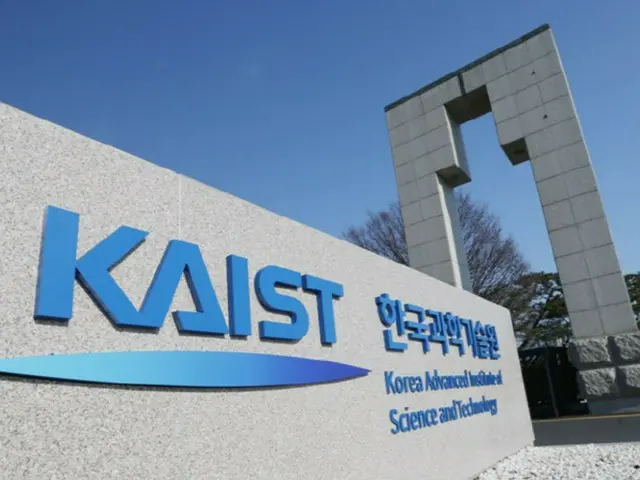According to the KAIST Failure Research Institute's "2022 KAIST Failure Perception Survey," 8 out of 10 undergraduate students and 7 out of 10 graduate students said, "When I fail, I think about myself."
"I worry that I don't have enough ability," he said. However, changes have recently begun to occur in the scientific community. For example, the problem of photons needed for quantum communication technology being generated only at extremely low temperatures has been solved.
To solve this problem, technology that can be realized at room temperature is being developed. This is an attempt to break with existing practices and an approach that tolerates failure.
"The success of the research results is a testament to the strength of the Korean research community," said Choi YOUNG JIIN, director of the Center for Challenge to Limits Strategy at the Korea Research Foundation.
It is important to introduce the concept of interruption, rather than just success or failure, and encourage researchers to take on more difficult research. Even if a research project is interrupted, it is possible to use the by-products or connect them to future results.
The Failure Research Institute plans to expand its annual Failure Conference to include not only the four major science and technology institutes in Korea, but also the Daedeok Research and Development Zone and other locations, in order to foster a culture that tolerates failure.
"Failure is an important experience because it will lead to success someday," said Lee Jung-mo, director of the National Gwacheon Science Museum.
2024/12/16 11:38 KST
Copyrights(C) Edaily wowkorea.jp 101

